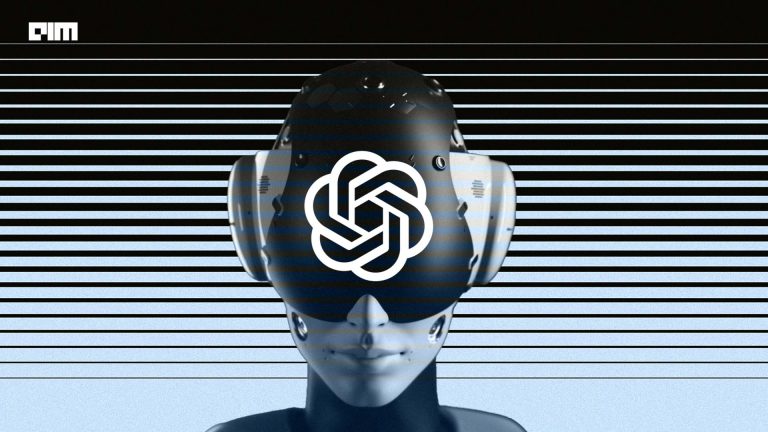|
Listen to this story
|
Chennai-headquartered technology company Zoho Corporation makes a surprise entry into the web browser space with its new privacy-focussed web browser Ulaa. The USP of blocking tracking and website surveillance, is what Ulaa is marketing on. However, with market dominance of big tech players such as Google and Apple in the browser space, would Ulaa be able to chart a course of its own?
Derived from a Tamil word that means ‘journey’, Ulaa is built as a privacy-driven platform. The web browser will safeguard users from unwanted ads, adjunct surveillance and other intrusive mechanisms that are used by third-party players. In addition to privacy features, the users can synchronize browsing sessions across devices.
But, the question here is, ‘why a browser now?’
In conversation with AIM, Praval Singh, Vice President- Marketing and Customer Experience at Zoho Corporation, said that the browser has been in the works for over three years now.
“We did not build a browser just for the sake of it,” said Praval. Keeping users in mind, the organisation wanted to provide a secure option for browsing that gives users control over their personal information. “Most of the browsers that exist today are being used for data mining for better ad-targeting, as they are being offered by companies dependent on surveillance to feed their ad-revenue model.”
The Ulaa idea sounds noble, but there’s intense competition in the market.
Competing with the Big Guns
As per a report in StatCounter, among web browsers, Google has the highest market dominance of 63.51% followed by Apple’s Safari with 20.43% and Microsoft’s Edge with 4.96%. With such a form of dominance from Google, would Ulaa be able to carve a segment of its own?
He believes that with the fast-expanding digital landscape, the potential rise of threat vectors will rise too. “In India, active internet users are expected to reach 900 million by 2025.” These users are becoming “more aware of the privacy loopholes used by monopolies that pose a threat to their online privacy,” which brings forth the need for a “privacy-centric” browser.
Zoho Corporation considers the product to be well positioned from an infrastructure and scalability standpoint. “This is owing to the fact that to build a comprehensive browser, the depth and breadth of technical expertise required is hard to attain by a standalone browser company.” The company believes that the browser and its functionalities will be enhanced as Zoho owns the entire technology stack (infra) with a diverse product portfolio.
AI in Browser?
With the AI future that Zoho is working on, along with ChatGPT’s growing presence in the Zoho ecosystem, will their new browser be powered by generative AI? Praval Singh has confirmed that though they have not integrated Generative AI into their browser, they are exploring “secure and privacy-preserving ways” of doing so in the future- they will work towards integrating products with AI features in Ulaa.
With the announcement of Ulaa, Zoho also shared its plan of actively working in the generative AI segment. Zoho is majorly advancing towards bringing AI in their products. The company has integrated their home-grown AI engine Zia, with OpenAI, and13 application extensions are now powered by ChatGPT. With increasing ChatGPT adoption, would Zoho be risking their data security?
In an interaction with AIM, Ramprakash Ramamoorthy, Director – AI Research, Zoho Corporation, said that ChatGPT is integrated “on a per account basis.” Businesses pay OpenAI to get a key, which they then enter into their Zoho account. This ensures the data of other Zoho users are safeguarded and kept separate from the ChatGPT integration. “OpenAI also has a legal privacy policy that states that data from paid users will not be used to train their models,” he said.
As an additional safety measure, a privacy card is displayed whenever data flows into OpenAI. This card serves as a precautionary measure, “so users don’t inadvertently share their sensitive data.”
Ramprakash also emphasises that in the long term, they will build their own Large Language Model. “With this, capabilities such as summarisation, text generation, paraphrasing and deep nested conversations will be available natively within the safety of Zoho cloud.”


















































































